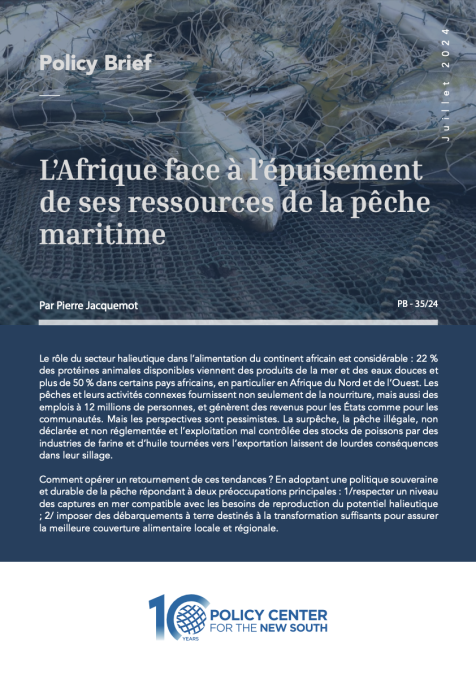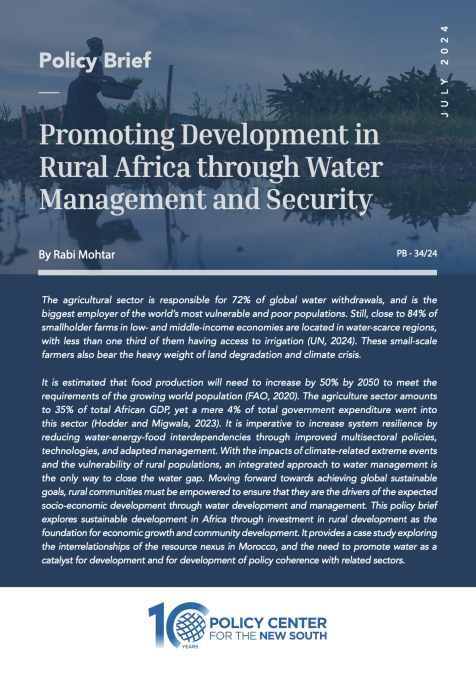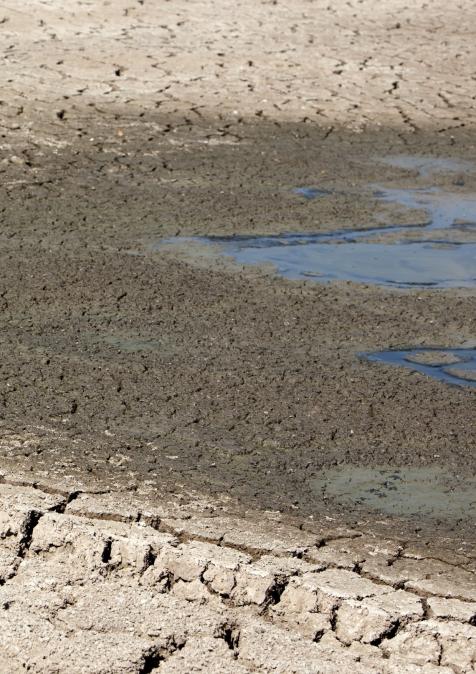Publications /
Policy Paper
This study conducts an in-depth exploration of the increasing interest in voluntary carbon markets (VCMs) in Africa, shedding light on the potential opportunities and challenges associated with African participation in these markets. VCMs have gained prominence as promising means to address climate change, driven by substantial financial incentives and market expansion. Nonetheless, persistent debates revolve around the legitimacy of carbon credits and their tangible contributions to climate change mitigation and adaptation.
Drawing from secondary data sources, this research undertakes a comprehensive analysis of the theoretical foundations of carbon markets, the historical evolution of VCM initiatives in Africa, and the specific challenges and opportunities that beckon African nations towards more active involvement. Historically, African countries have primarily been passive beneficiaries of VCMs. Therefore, this study aims to provide insights about how African countries can strategically navigate these markets to maximize their potential benefits for sustainable development while contributing meaningfully to climate change mitigation and adaptation endeavors.








